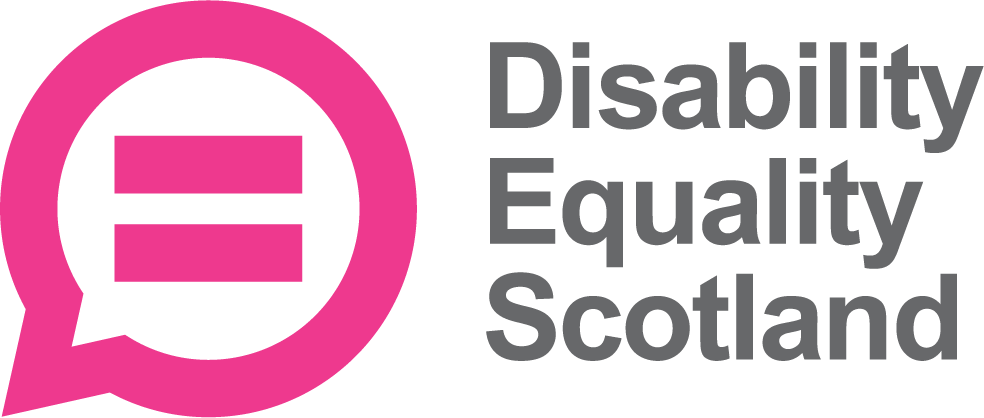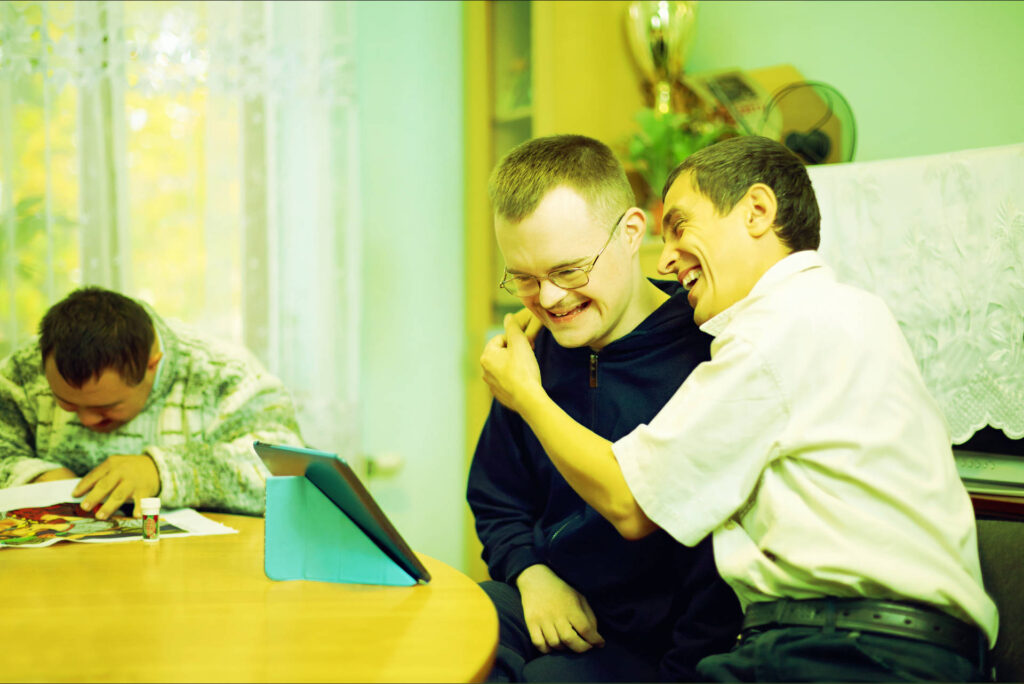
Independent Living is a right shared by everyone in Scotland.
It is a legal right and a human right. It means we are all entitled to have choice, control, dignity and freedom over our own lives so that we can participate in society as equal citizens.
That means disabled people and those with long-term conditions too.
However, many disabled people find it difficult or impossible to participate fully in society. Whether in learning, working, volunteering, taking part in politics or sport many disabled people are denied access to opportunities or do not achieve the same results as other people who are not disabled.
There are lots of reasons for this including policies and practices that discriminate against disabled people, people’s attitudes and of course poorly designed and managed buildings, streets, buses and trains.
The basic rights of independent living
Human rights and rights to independent living mean that disabled people should be have access to the right support and practical assistance, at the right time, in order to participate in society.
This support includes things like access to education and employment, accessible and adapted housing, technical aids, communication support, information, advocacy, personal assistance and full access to transport and the built environment.
Working together

In Scotland there is a movement of disabled people and their organisations, including Access Panels, which aim to work together to overcome these barriers. They also aim to help service providers to get better at what they do.
There are many laws, regulations, policies and standards which aim to ensure that service providers work remove these barriers but there are gaps in the law and what duties there are do not always get met.

Access Panels are groups of disabled people who can help service providers get better at meeting their duties and working to ensure that all disabled people can lead independent lives and participate fully in society.
We can do this by working together with them and being involved in the decisions which affect our lives. One way of doing this is called working in coproduction.
This means Access Panels and service providers working together equally, sharing resources, power and goals. Together we can get the best results..
